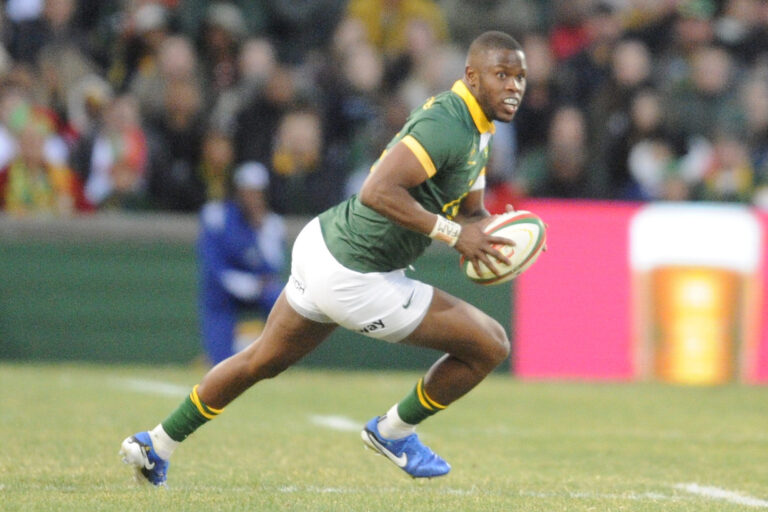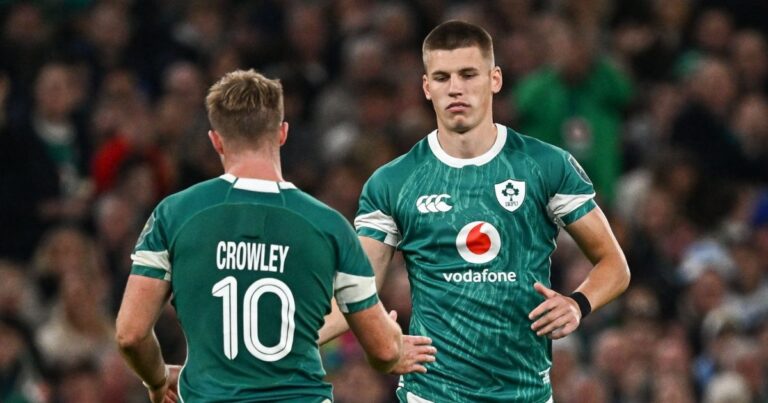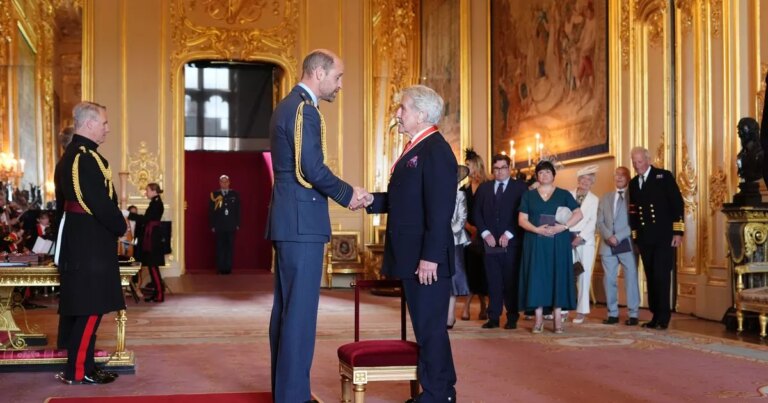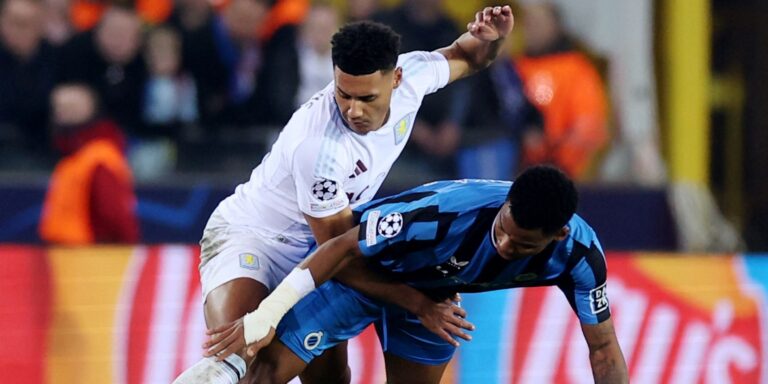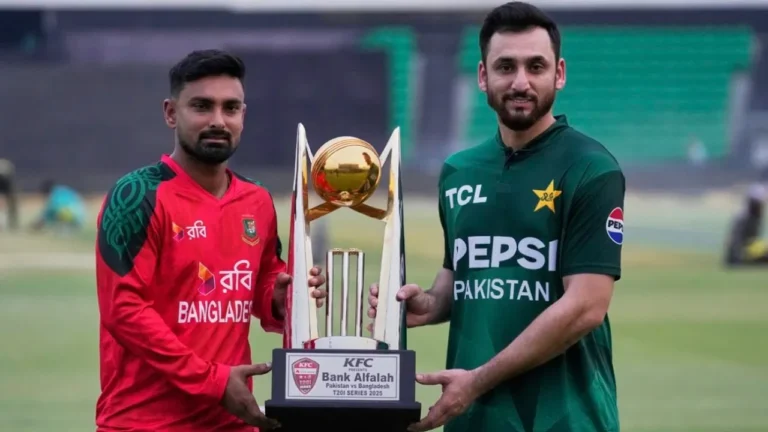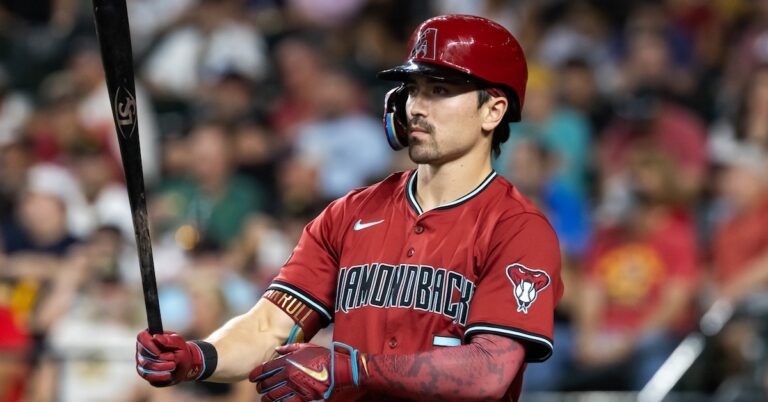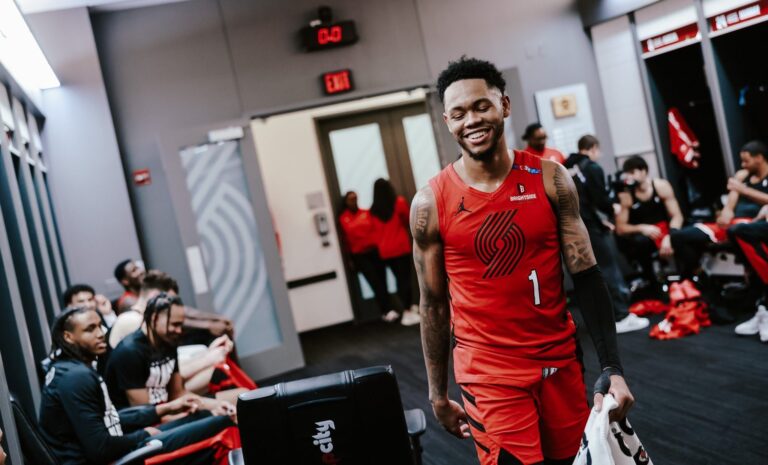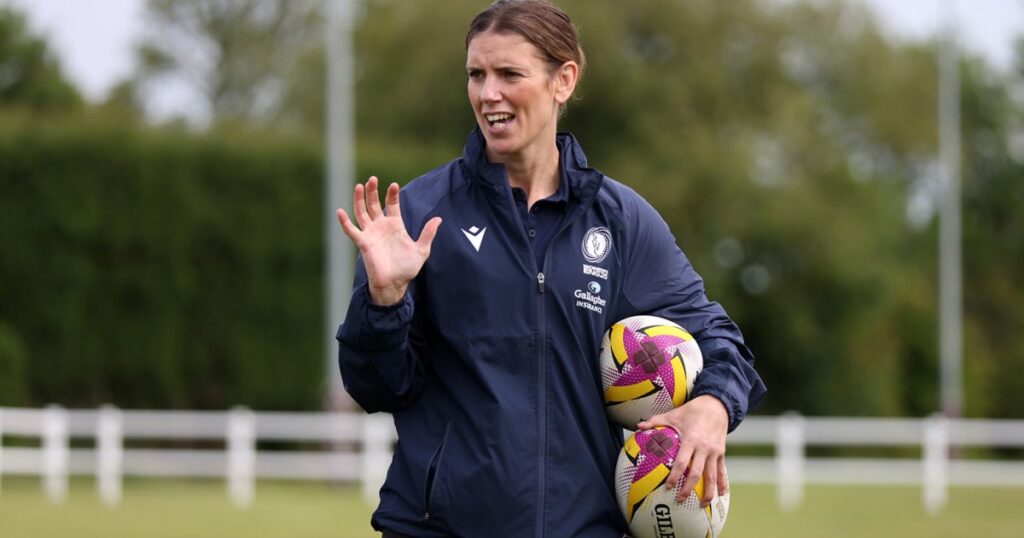
Almost 15 years have passed since England played New Zealand at the Twickenham Stoop in the final of the 2010 World Cup. At the time, none of the players were professional and the women’s game was far from the men’s in terms of resources, investment and support.
However, in 2025 things have vastly improved, especially with the game in England, with the ascension of Premiership Women’s Rugby, centralised contracts for the Red Roses and record breaking attendances.
Sarah Hunter – England’s all-time most capped rugby player- has appeared in four Women’s Rugby World Cups and was part of the England team who lifted the trophy in 2014 in France, reminisces on how far the game has come.
“It’s night and day,” said the 39-year-old, “since England last hosted the World Cup the game has massively changed. We have professional rugby players across many unions, the sponsorship has increased as well, with companies like Gallagher deeply investing in the women’s game.
“And by just looking at what this World Cup is mounting to, we certainly feel that this is a whole new age. More teams participating, stadiums sold out and fans eagerly anticipating the competition kicking-off.”
Since moving away from the pitch, Hunter has transitioned to the role of England Women’s Defence Coach, one of the many success stories from Gallagher’s High Performance Academy (GPHA). She breaks down how the programme helped her walk into a whole new world inside the rugby universe.
“It takes individuals, guiding and nurturing them to become great coaches, building their confidence and developing their leadership skills. And it isn’t just about the technical and tactical side of things – the programme also focuses on your communication skills, how to have difficult conversations or how to develop your strengths,” said Hunter.
In her time as a player, Hunter remembers how there were barely any women involved in coaching, an issue that has been tackled by World Rugby, and the many programmes associated with the game’s main governing body. She adds how those efforts have placed women at centre stage.
“The value of the programme goes beyond the great workshops and masterclasses. It goes as far as embedding up and coming coaches with their national team at major tournaments and offering opportunities to learn at a Test Match level.
“It also bridges the possibility for a grassroots coach to reach the top level, showing there is a pathway for young leaders and young coaches. It is a way forward; and it is how we build the game’s future.
“The other flipside of the programme is that it allows governing bodies to see the benefits of having a female coach in their programme. Sometimes you just need a foot in the door, something that World Rugby and the GPHA have been helping with.
“The more female coaches we have working at a high level, the more people will realise they can do it too, and want to enrol in such programmes.”
Having become one of the female coaches leading the charge for England, Hunter was invited to share her story, mindset and know-how at a Grassroots To Global Forum in recent weeks.
“Initiatives like the Gallagher High Performance Academy and ChildFund Rugby’s Grassroots to Global series are really crucial for the women’s game.”
For the former Red Roses captain, the word ‘believe’ is key for those who wish to become part of the coaching world.
“My focus at the Grassroots to Global Forum was to show these young women that they have to believe in themselves. Self-doubt and impostor syndrome are more prominent in women, especially if they are working in leadership roles.
“I wanted to relay the message that they have to believe in their skillset and aptitudes. They are capable of achieving whatever they set out to do.”
Whilst on the subject of women in leadership roles, Hunter shares her journey of becoming a mother and how it doesn’t have to imply making a choice between family and a high performance environment.
“Abbie Ward has been a real inspiration. She plays in one of the best teams in the world and is an excellent mother. You have so many examples like Lou Meadows (England Attack Coach), who has children and has a fulfilling career.
“You don’t need to make a choice between one or the other. It is hard, I’m not going to lie or sugarcoat it, but it also helps you develop new skills. I hope one day my daughter feels inspired by the fact that her mum is a coach who was involved with the Red Roses setup.”
She delves deeper into it and shares how both worlds connect and what lessons can be learned and shared between them.
“Patience. That’s a word that applies to both and let me give you an example. Babies don’t have the same communication skills as an adult does. As they can’t communicate verbally, you have to develop a way of understanding what they want by reading their body language.
“That skill can be applied to players; reading their body language and expressions can help you to understand them better. I’m a big believer that you can have a better coach-player relationship if you understand them from a personal point of view. It is about the person and how to get the best out of them.”
With that in mind, Hunter explains how the Red Roses staff have been working to give the best environment to their players, looking after them at a human level.
“Just the other day we went go-karting, and it was a fun experience. It gave us a chance to enjoy each other’s company outside of work. We aren’t only focused on building great individuals, we also want to have the best team, one that feels like a family.
“We have spent more time with each other ahead of the World Cup, and it is important for us to feel that this is a thriving environment for all.”
In the build-up to the 2025 Rugby World Cup, Red Roses fans are already vibing with the prospect of cheering their team on to usurp the Black Ferns as world champions, and for Hunter the team is focused on delivering the best spectacle possible, whilst keeping their eyes on the prize.
“Of course we would like to impress fans, but our focus is on having a team that delivers and plays with confidence. In a World Cup that’s key to reach the furthest stages of the competition.”
England Women kick off their World Cup campaign on 22nd August against the USA at Sunderland’s Stadium of Light.



